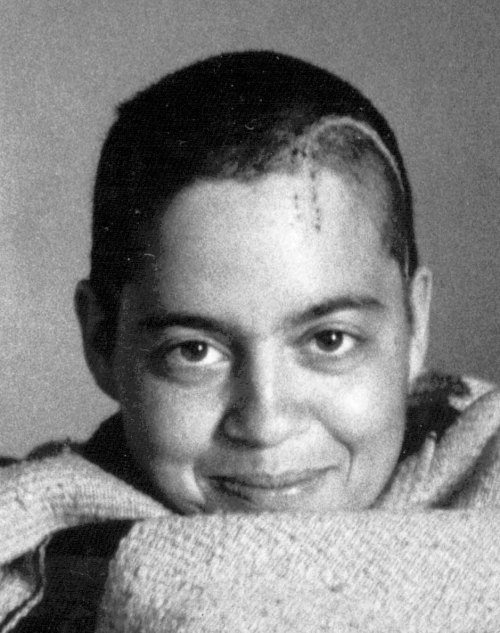Mechaiaeh… Pronounced m’KHY-eh, to rhyme with “messiah.” The kh sound is, of course, the way a MacTavish would roll it out. From Hebrew. Pleasure, great enjoyment, a real joy. … Mechaieh comes from the Hebrew chay, meaning “life.” Technically, a mechaieh is one who gives life. (Mechaieh also meant God). –Leo Rosten’s The Joy of Yiddish
I like the technical meaning. I like to remember Mev as a real mechaieh, a woman vibrating with the buzz of savor, brimming with the indignation of resistance, verving through the day with alert and calm appreciation of the miracle of being awake.
Was Jesus the messiah? So, normative Christianity asserts, but what does it practically mean?
Was Jesus a mechaieh? Of course.
Was Mev a mechaieh? I can so testify.
Are we giving life today?
Some Jews and Christians have found a nice way of being friendly and on speaking terms: Jews believe the Messiah hasn’t come, while Christians are waiting for his return. Elie Wiesel used to pray for the miraculous coming of the Messiah to save the Jews. Here’s what he said about his dear mother: “The Messiah. My poor mother never ceased to demand and await his coming. He was never far from her mind. At night, as she rocked me to sleep, she would sing of her deep conviction that nothing bad would happen to her child, since the Messiah would come in time to protect him. Anti-Semites? Doomed, reduced to impotence. His merest stirring would scare them off. Military service? ‘Fear not, my child. There will be no more armies.’ My mother believed this with all her soul. The Jewish people would soon be delivered, never again sending their children to be killed for European emperors and kings. I don’t know whether the Savior was awaited anywhere else with as much fervor and love as in Sighet. But I do know that every Jewish child in shtetls everywhere lived the same hope.”
After the Holocaust, Wiesel took a different view. He still hoped for the Messiah, but he’d say that the Messiah comes when we recognize each other as brother and sister.
Supernatural messiahs are ever tardy. Look around: no one is coming in on a white horse or a white cloud to set Pinochet straight or to zap all the tumors away. What we need, what we are called to be is a mechaieh right where we are.
I had always liked the following lines from Reb Zalman Schechter Shalomi: “Hasidim talk about the Shoresh han ‘shamah, that the root of one’s soul is with the rebbe. Often, in dialogue with Christians, I find that we share best when I sense that Christians are Nazarene Hasidim and that in Jesus they have a rebbe, a Soter. As a Hasidic Jew, I say that Jesus has, as a Nazarene rebbe, for those who follow in his footsteps, brought about the possibility to be born again, to grow again, to mature again. I want to say, ‘More power to you.’”
But as time has passed, I am not particularly “into” the hierarchic dualism of rebbe and dependent disciple. I know, it’s a tried and true relationship over hundreds of years, but this is America, so why pretend I’m in Chernobyl or Nepal?
When I was at Maryknoll and in my Jewish romantic phase, I liked the idea of Jesus as a Nazarene rebbe with disciples who followed his teachings, not some Greek divine vapor commingling with eternal Godheads. But now, I see in Mev, Jesus, Buddha, Teka Childress, Ann Manganaro, Sebastião Salgado, Steve Kelly, Maria Goreth, and Ignacio Ellacuría, this power to come alive, to give witness, to remember that 35,000 children are dying today before midnight from preventable diseases and hunger, to embody Blake’s proverb, “Exuberance is Beauty.”
My favorite nickname for Mev was Zoe. Greek for “life.”
